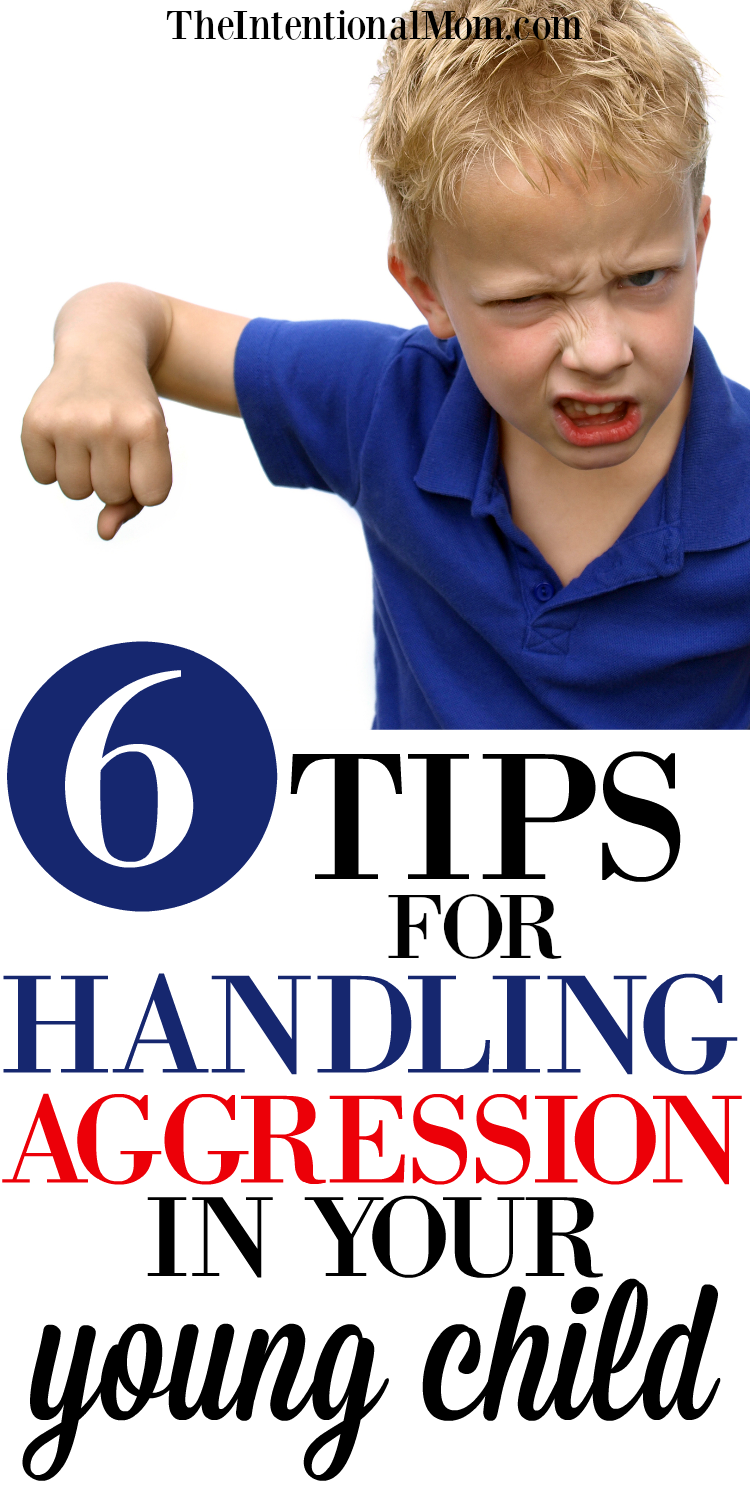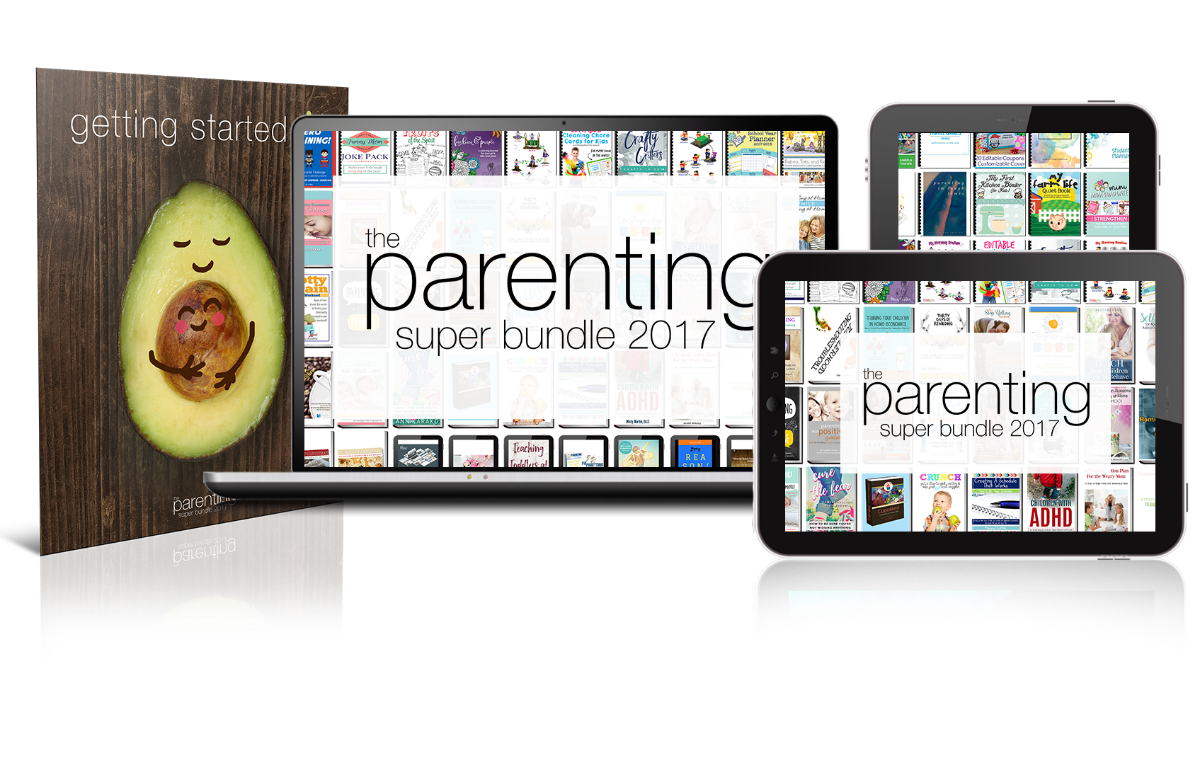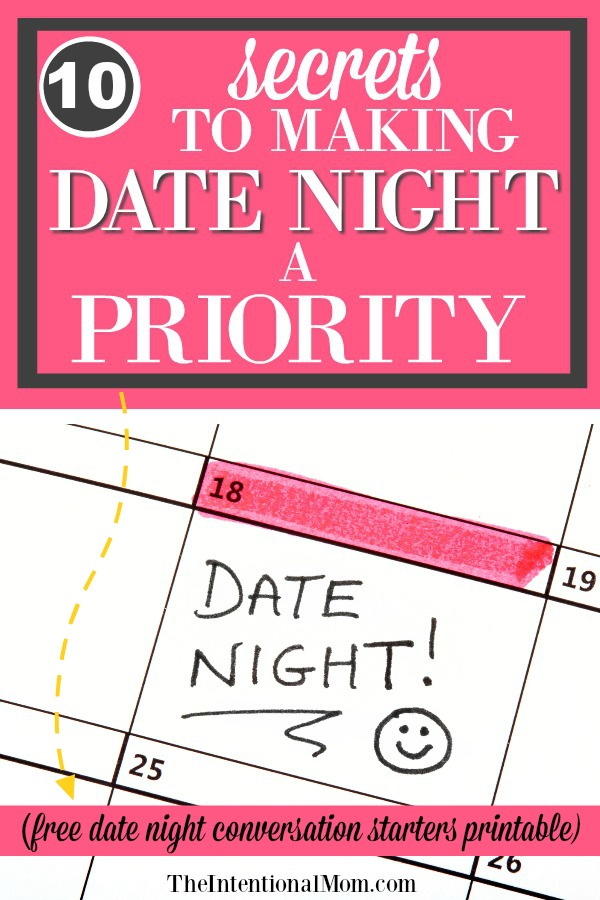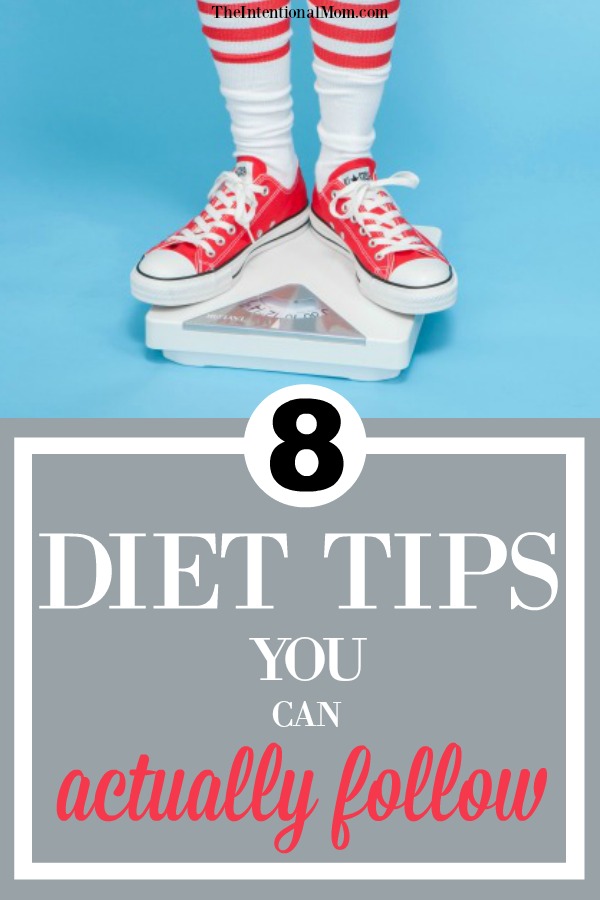6 Tips For Handling Aggression In Your Young Child
The Intentional Mom Planning System is where you need to start with our incredible collection of product options. It will help you establish the basics for your life & home so you’ll finally have a plan, save yourself time, and go to bed feeling like you accomplished something every day (because you did). Save up to 60% HERE!
*This is a guest post from Aubree of A Mother’s Field Guide
When your child hurts another kid, it sure can be frustrating.
You worry that you will be judged for your parenting or even lose a friend!
Most young kids experiment with biting, hitting, and kicking, but there are children who never stop with that experimental phase.
So what do you do?
Having my own aggressive 3 year old, I have discovered some master tips for handling aggression in young children!
(this post may contain affilate links. If you make a purchase, I may receive a small commission at no cost to you)
Tip 1: Determine the cause
Is your child hungry? Tired? Feeling ignored?
All of those things could be the reason why your child decided to act out. I know that I get “hangry” and have a hard time controlling my emotions. So, imagine that tenfold for your toddler!
Another cause could be a sensory processing disorder, which means that a child doesn’t process the world around him the same way that a typical kid would. These kids may be looking for sensory input and can do this by biting or hitting. Their sensory systems can also easily get overloaded. This causes them to act out in aggressive ways.
Understanding the emotional, physical, and sensory needs of your child can help you determine if your child is just being mean, or if there is a need not being met. Check out my post to determine if it is a sensory issue.
Tip 2: Practice positive parenting
“When parents pay positive attention, reward good behavior, and avoid criticism and harsh punishment, then children decline in aggression.”¹
For instance, I have found that time outs don’t work very well for my son. When he is mad, the last thing that is successful is shutting him in a room alone. Instead, I give him “time ins,” where I give him one-on-one “mom time” before the aggression takes place.
Quality over quantity, every time.
If you are around your daughter for an hour, but you’re on your phone most of the time, it won’t mean as much as if you are holding her and reading a book for 10 minutes. That is just one example of how you can practice positive parenting.
Tip 3: Give space
Sometimes “space” means quiet time with mom or dad in another room. Sometimes it means that your child plays by himself in his room. Now, this is different than a time out. I have found that asking my son to use his words and see if he needs space is a huge help for us. Asking him if he needs space gives him the ability to think about his own needs.
Now, this isn’t a punishment. It’s a way to teach your child how to self-regulate his or her emotions.
Tip 4: Redirect
Unfortunately, kids are often aggressive just because they’re bored. While learning how to entertain themselves is extremely important, at young ages, sometimes that isn’t plausible.
A good idea is to keep in the back of your mind an activity to do that will help calm your child. My son LOVES water. We have a water bin in our yard that I can direct him to when he is getting out of control. If it is too cold for that, sometimes I just fill up the sink and give him a few toys in there. He is truly a new person when he is done!
Tip 5: Be consistent
It is so hard to be consistent when you are exhausted, and it is exhausting to parent an aggressive child. Especially when around other children! But consistency is the most important step.
Children can get very confused when they’re allowed to push their sister one day but get in trouble for it the next. Establish some firm ground rules and then stick with them.
If you have a slip up here or there, that happens. But the American Academy of Pediatrics states, “The best way to teach your child how to hold his aggressive impulses in check is to be firm and consistent when he misbehaves. Also, give him a good example to imitate with your own behavior.”²
Tip 6: Take time for you
Good parenting takes a lot of energy. Therefore, if you want to effectively handle aggression in your child, you need to take care of yourself too. Find times throughout the day where you can take a deep breath, read a few pages of a book, or even take a power nap.
These little moments will help you to reenergize and allow you to have the patience you need to help your child.
While I truly believe that aggression doesn’t change overnight, by implementing these tips consistently, you should see a drastic reduction in aggressive acts!
Looking for more on discipline? You are in luck because beginning today, you can grab all kinds of amazing parenting resources in the Parenting Super Bundle.
Not only that, there are more than $1280 worth of resources in the bundle for under $30. My book, A Realistic Action Plan For the Weary Mom, is one of them! Whether you need dinner ideas, discipline help, mom inspiration, parenting special needs children ideas and help, or other parenting advice, encouragement, or other inspiration, you will find it in the bundle.
Go check it out below, but you’ve only got five days before the bundle is gone!
-
Carolyn Webster-Stratton, M. Jamila Reid, and Mary Hammond, “Preventing Conduct Problems, Promoting Social Competence: A Parent and Teacher Training Partnership in Head Start,” Journal of Child Clinical Psychology 30 (2001): 283-302.
-
American Academy of Pediatrics, “The Complete and Authoritative Guide Caring for Your Baby and Young Child,” (2009): 298.






